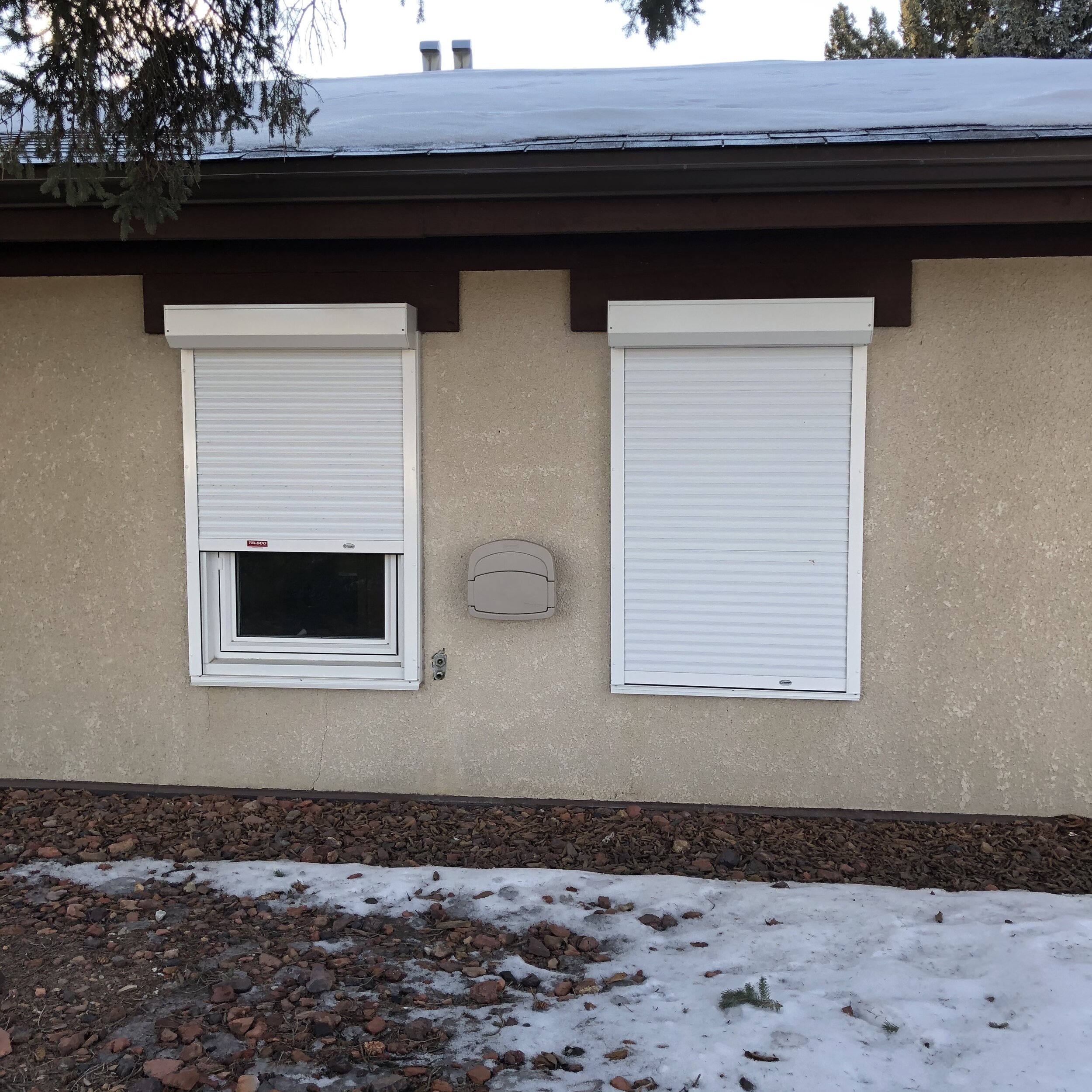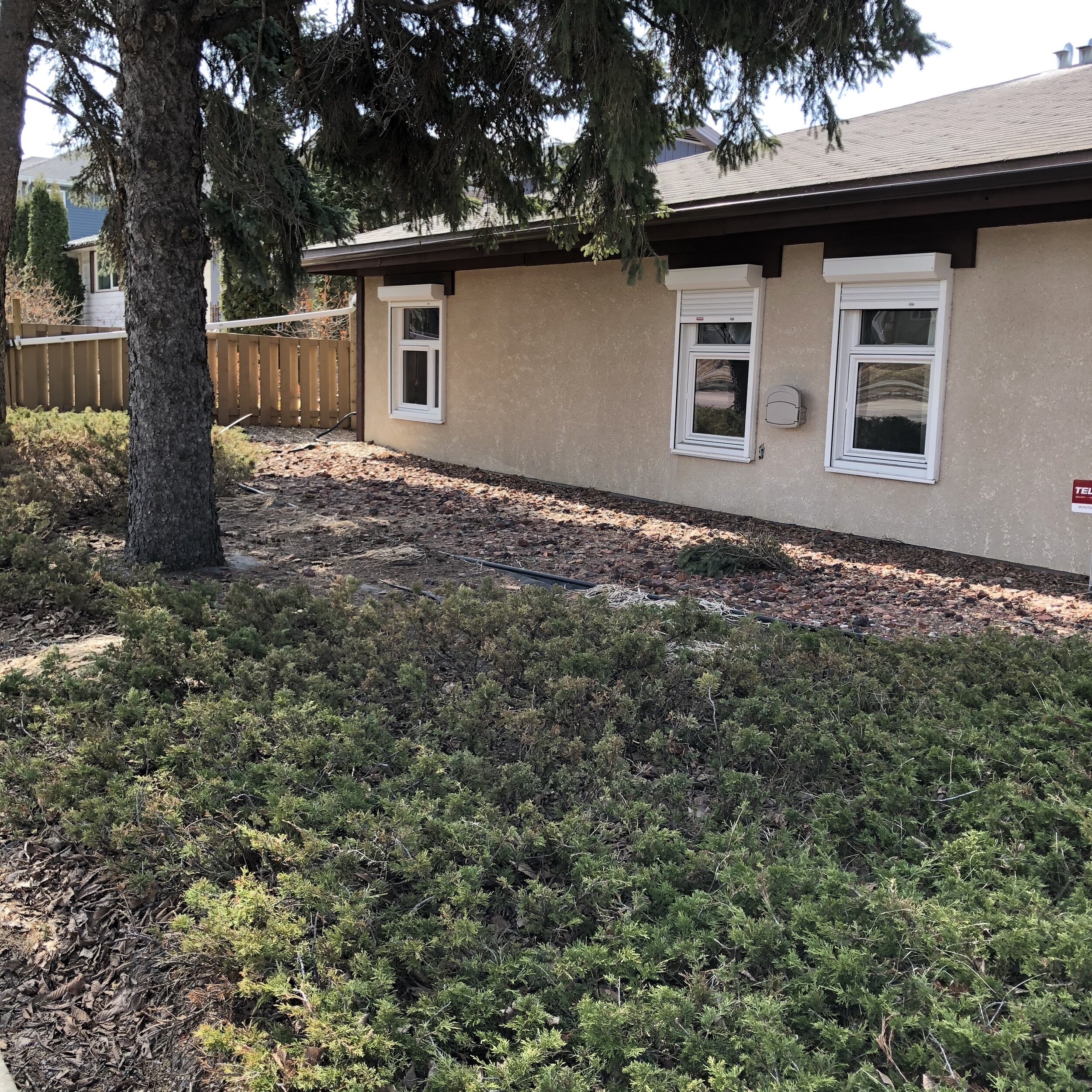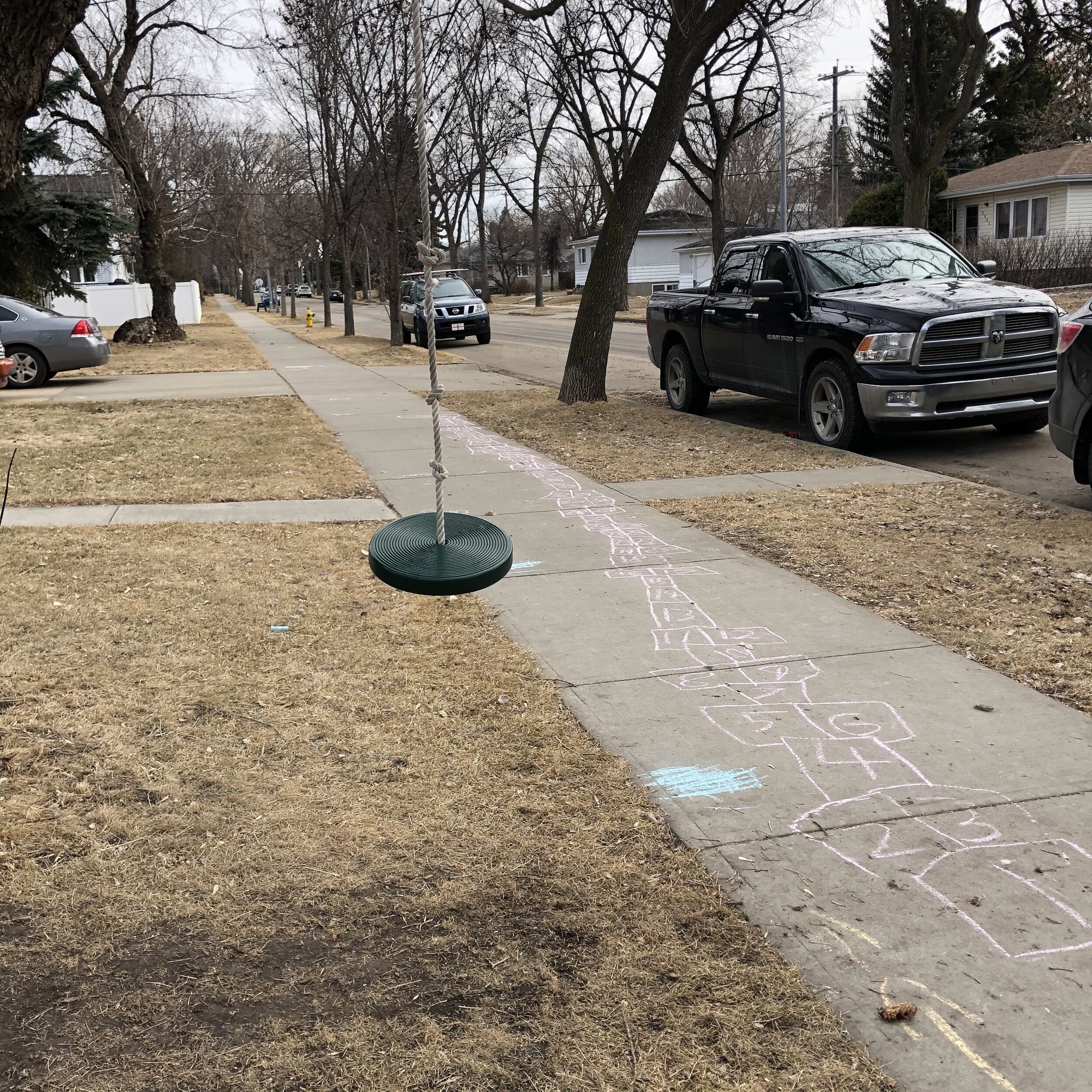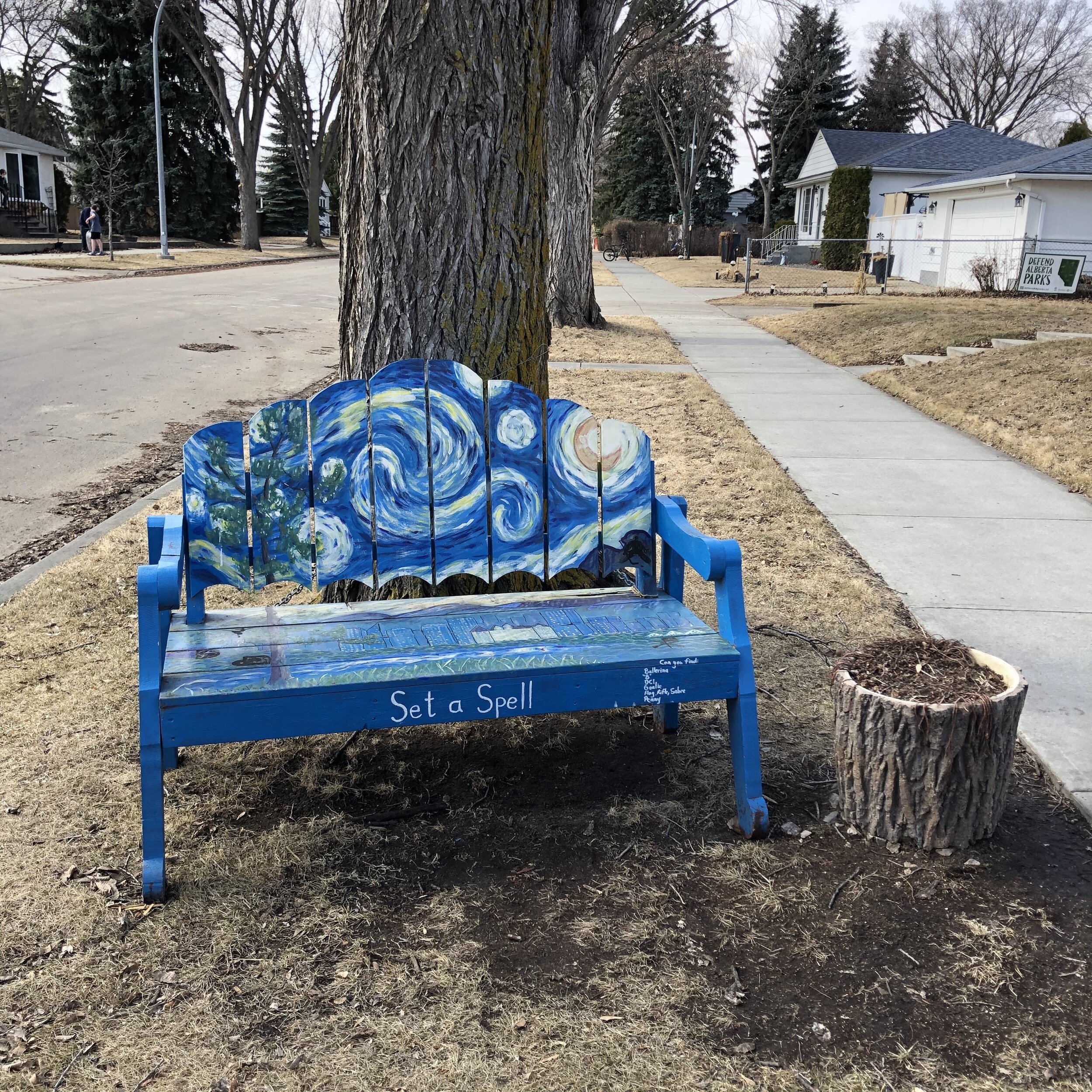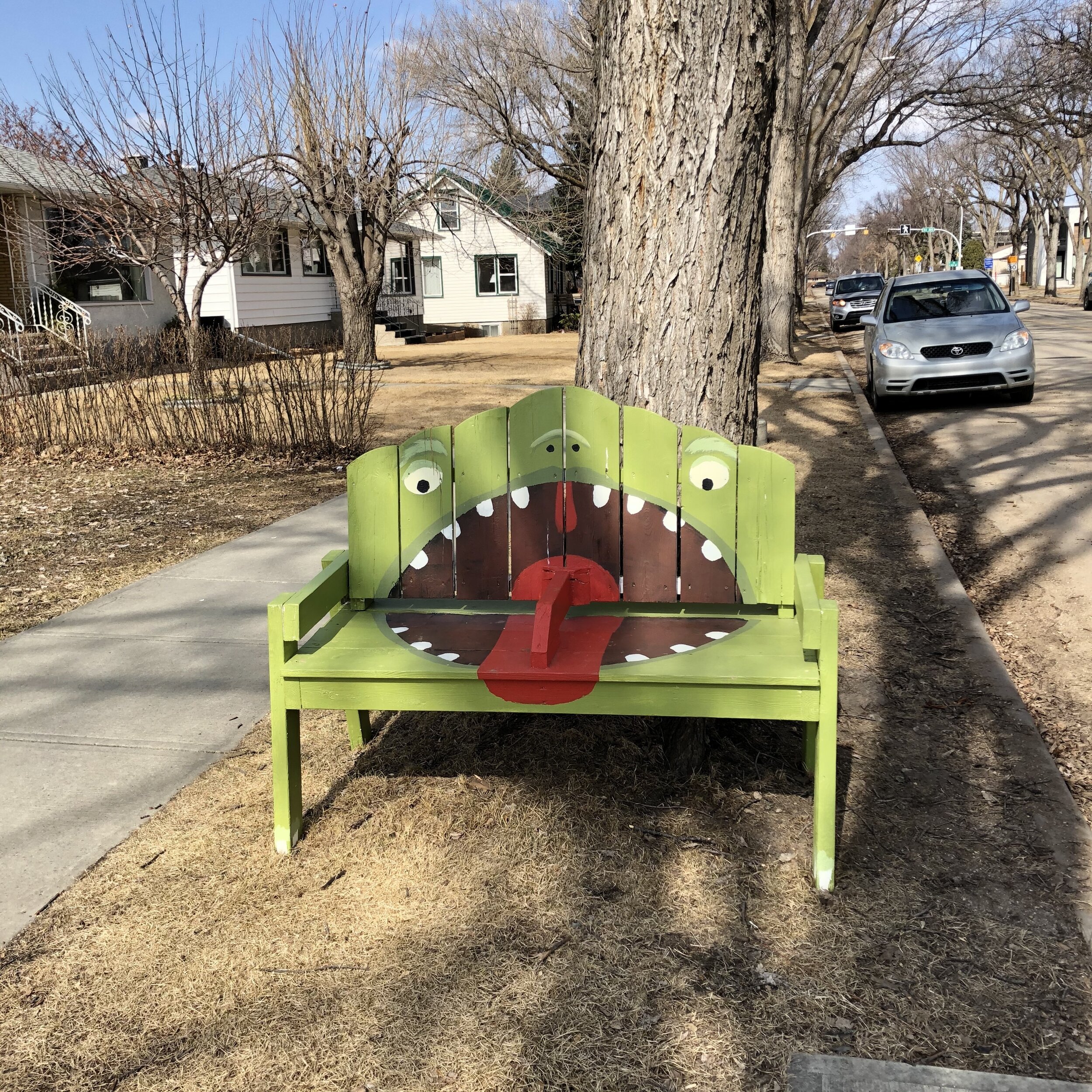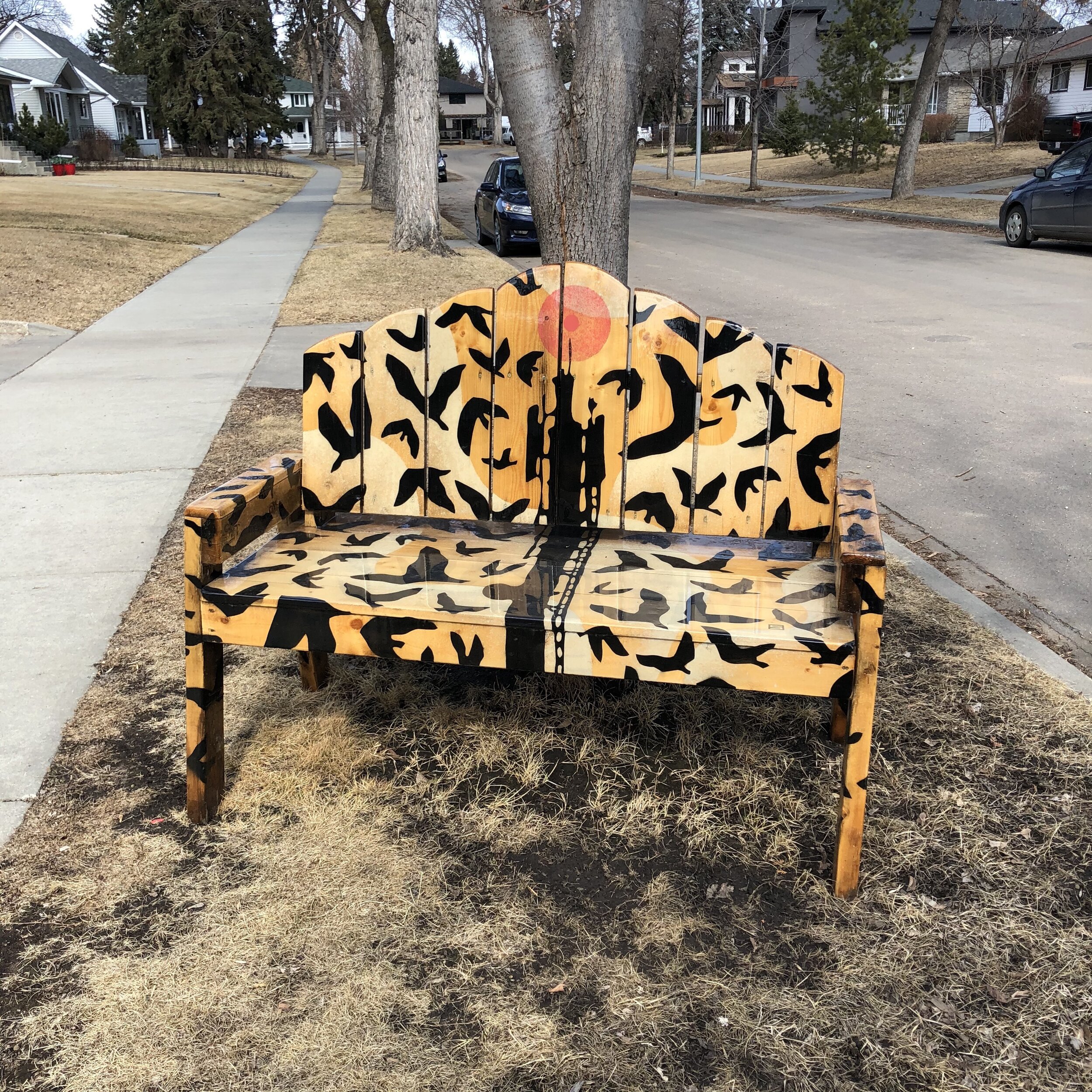Care Out in the Open
I had an allergic reaction to my neighbourhood newspaper. There was an article full of tips to prevent crime, and I noticed a particular flavour to the advice: lockdown. I realized that it is necessary to take those tips from the police lightly if we want to live in relationship with other humans.
Some of the tips are innocuous, like locking your door. If you live in a home with a front yard and a back yard and you’re out in the back yard, lock your front door. Or lock your doors when you go to bed a night. Another: lock your bike up, even in a garage. These actions make practical sense, and they are invisible to my neighbours—I am not broadcasting to my neighbours that I don’t trust them or that I am scared of them. I am decreasing opportunities for theft in ways that are unnoticed by my neighbours.
Other tips in the article broadcast that we don’t trust our neighbours and that we are—and should be—scared of them. Things like: close the curtains and blinds, build a fence, get a security system and security lights. When we take these actions, we reinforce a negative image of ourselves because they are tangible and visible to the neighbourhood.
Windows along a main street in my neighbourhood. Photo credit: Beth Sanders.
These are two manifestations of a lockdown life (not to be confused with pandemic lockdown!): one invisible and the other explicit. Yet the article barely touched on the actions we can take to convey our desire to be in relationship with each other in our neighbourhoods and be good neighbours to each other, not threatening ones. (While taking the reasonable action of locking doors as appropriate.)
The opposite of lockdown
The opposite of lockdown behaviour, which has us operating from fear and insecurity, is connection and relationship. Instead of withdrawing from community life, we contribute; we care out in the open.
These tips make good sense because they convey my investment in or my contribution to my neighbourhood:
Keep my home well maintained
Keep my yard and garden tidy
It makes sense to hold these tips lightly and do what makes sense in your neighbourhood. “Well-maintained” and “tidy” mean different things to different people. I don’t recommend judging each other, but think about what you contribute to your neighbours’ experience of the neighbourhood by looking after what others see of your home.
If you have a sidewalk to shovel, do you keep it clear of snow and ice in the winter, allowing your neighbours to travel safely? If you are in an apartment building, is there a little something on your door to relay a bit of personality? Two examples come to mind in my neighbourhood: If you have a tree in your front yard, why not put a little swing for passersby to enjoy? And a series of benches, all painted with personality, as places to rest or visit.
A swing and benches in my neighbourhood. Photo credit: Beth Sanders.
I’ll raise the tips a level:
Get to know my neighbours
Keep an eye out for each other (but we are more likely to do that when we have met)
Help my neighbours
None of this means that the unfortunate stuff won’t happen, but we’ll be more resilient when it does. We have names and phone numbers for each other. We know a bit about each other. We can call if we need help or see something happening that shouldn’t be happening in the neighbourhood.
We need connection, not isolation
I don’t want to live my life in protection mode. Instead, I’d like to get to know my neighbours, slow but sure, and meet my needs for connection with other humans right here, on my street, in my neighbourhood, in my city. Protection feeds my insecurity about other humans. Being neighbourly feeds my connection with other humans, especially the ones nearby.
We choose the message we send to our neighbourhood: neighbourly or protectionist.
“Protection feeds my insecurity about other humans. Being neighbourly feeds my connection with other humans, especially the ones nearby.”
We choose the message we send to our neighbourhood: neighbourly or protectionist.
Care out in the open
In my part of the world, we talk a lot about “city building”—the process of and the choices we make while building our cities' physical world. We often speak about city building without noticing that the work of care is necessary along with our building work. When we combine city building with city caring, we enable city making.
When care is not happening out in the open, it is not happening.
Assuming we are caring for each other is not good enough. It needs to be explicit. Not hidden.
At the scale of the city, we look after each other in the various ways we work, paid and unpaid. Laura looks after our teeth. Arundeep moves gravel to construction sites. Rob looks after teaching our kids. Thor looks after our bodies. Vicki helps me pay for my groceries. Nancy looks after how we keep track of our money. Scott makes decisions on our behalf at city council. Liz looks after kids we seem to forget. Anand helps make sure the climate for business is healthy. Lin is pursuing nanotechnology research. Together, we are, in theory, looking after ourselves.
At the scale of a partnership or a family, a neighbourhood or even a city, when someone tells us they need something, we need to acknowledge that we have heard. Listening is the first step in caring; we have to care enough to hear.
The choice changes everything
The choice we make, in every interaction, changes everything. It sends a clear message to self and others. If I choose to be protectionist and take action to defend my home, I’m telling myself and you that you are not trustworthy and I don’t care about you.
In contrast, if I take a neighbourly stance and take action to connect us to each other, I’m telling myself and you that I want to be in relationship with you; in some fashion, I care about you. No, we are not going to be best friends forever, but we will have a connection. I choose to feel connected rather than scared. (Sure, I might be scared from time to time, but I don’t allow fear to run the Beth show.)
What IS the choice I’m making? It comes down to protection or connection. (Always with healthy boundaries.) Protection needs defences. Connection needs relationship. Do I choose to defend or be in relationship?
I get to choose my experience.
I choose connection and relationship.
Reflection
Where do you, wherever you make yourself at home, experience the care of others in small ways?
How do you, where you make yourself at home, reach out into the neighbourhood around you to express care?

